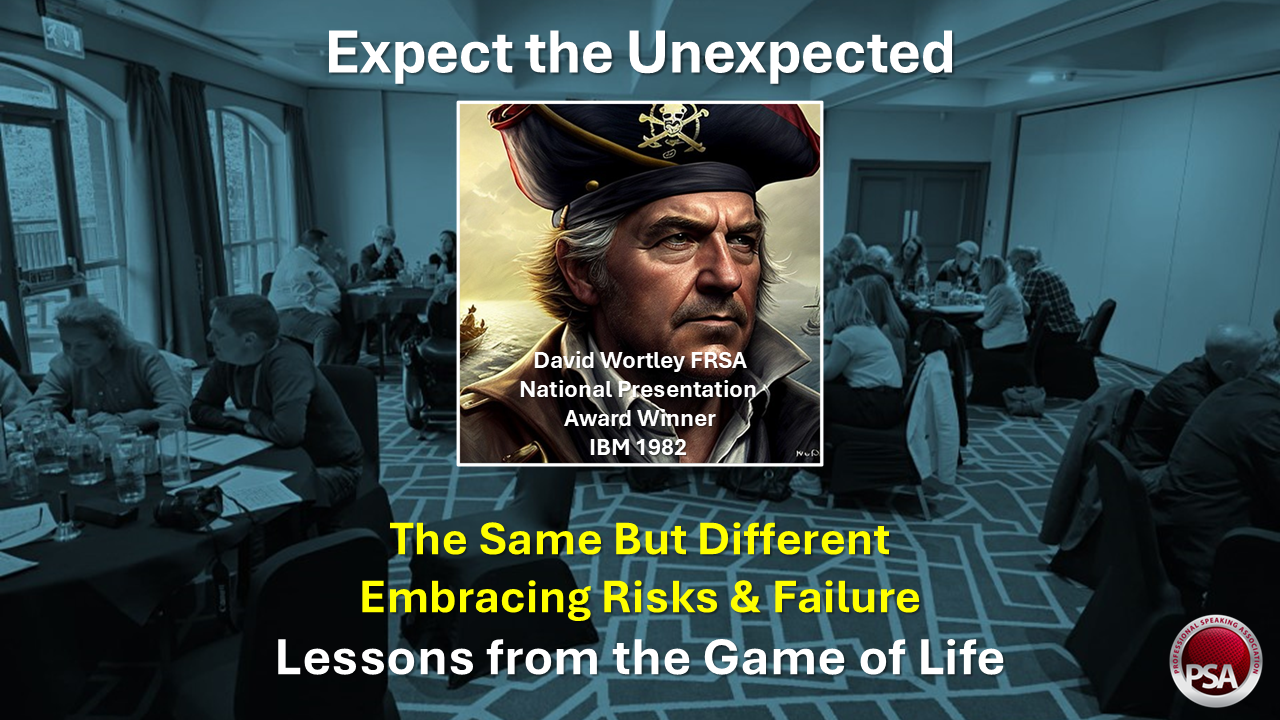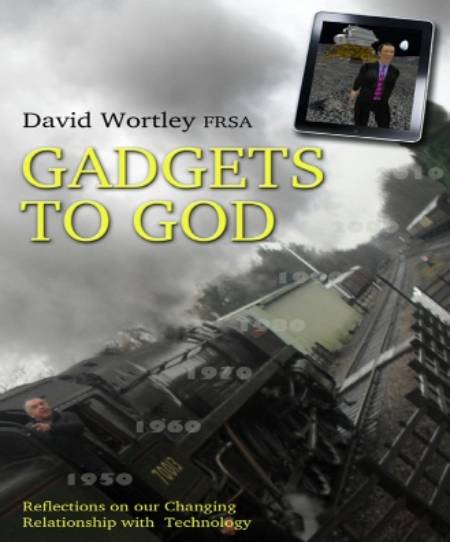

Are you Ready for The Future?
We are living through what is arguably the most disruptive period in the history of mankind. Developments in Artificial Intelligence, Cloud Computing, Virtual Reality and Sensor Technologies are placing enormous challenges on all aspects of business and society with unpredictable consequences for commerce, education, health, security and the environment.
Many jobs which are done by humans today will be replaced by sophisticated enabling technologies with greater accuracy, speed of thought, access to knowledge, reliability and 24/7 availability. Protecting our world for future generations requires us to use the best of our humanity to harness enabling technologies for good.
Gamification is embedded into human DNA and is essential for our survival and prosperity
Contact me at
For a free initial consultation on your requirements, or to register for my e-newsletter please complete the form below
Get In touch
Generic Services
Consultancy Services
Practical Workshops
Harnessing the power of Disruptive Digital Technologies
David Wortley stands as a visionary at the intersection of technology and humanity, offering profound insights into how digital advancements reshape our lives. His book, Gadgets to God, serves as both a personal memoir and a societal reflection, chronicling the evolution from an analog world to our current digital age. Born in 1949, Wortley has witnessed firsthand the transformative power of technology—from steam trains to smartphones—and explores the profound implications of this shift on human relationships, identity, and purpose.
In Gadgets to God, Wortley delves into the paradox of technological progress: while innovations offer unprecedented opportunities, they also pose challenges to our autonomy and well-being. He warns of a future where machines might not only assist but potentially dominate human decision-making, urging a balanced approach to technological integration.
Complementing his written work, Wortley’s YouTube series, “The Future of Technology and Humanity,” extends these discussions, providing visual narratives that emphasize the need for ethical considerations in technological development.
Through his multifaceted explorations, David Wortley challenges us to reflect on our relationship with technology, advocating for a future where innovation enhances rather than diminishes our humanity.

